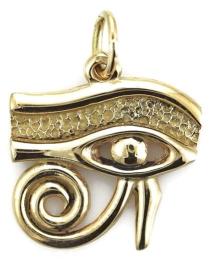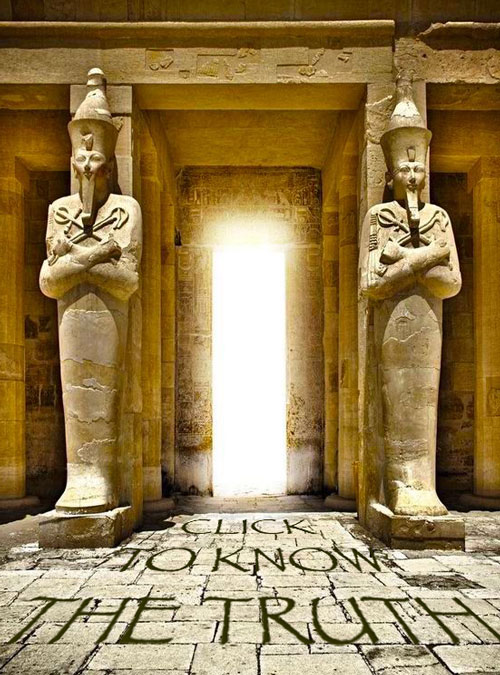Entheogens
Some drugs are toxic.

It’s no accident that the etymological origin of the word toxic stems directly from the Greek toxicon that refers to the “bow” used in poison arrows. The difference between a poison, a medicine and a narcotic is only one of dosage. Digitalis for example, is a popular cardiac medicine yet in higher doses it remains fatal. We all recognise the term intoxication with reference to alcohol but any toxic substance (like cannabis) may alter our state.
Entheogens however, are non-toxic and have no detrimental effects upon the human body, passing from our system within minutes. They are often used in religious, shamanic or spiritual contexts. The word entheogen takes its origins from the Greek word entheos, which means ‘full of the god,’ and genesthai, which means ‘to come into being.’

Entheogens are usually derived from plant sources and have been used in a variety of religious ceremonies. Throughout history, they have been employed all over the world by religious cultures. Entheogens are very different from pleasure drugs, which tend to stimulate the lower chakras of procreation and willpower.
The word endogenous refers to any compound that is found and produced within the human body itself. Serotonin is one example, DMT is another—as powerful endogenous entheogens they can invoke mystical experiences when we dream. Because these entheogens possess the same basic structure as neurotransmitters, they are able to cross the human blood-brain barrier which allows them to have a dramatic effect upon human consciousness. In essence, we are all biologically and chemically sympathetic with these compounds:

Ancient initiates also used the fly agaric mushroom Amanita muscaria. This fungus is noted for its hallucinogenic properties which derive from the psychoactive constituents ibotenic acid and muscimol. Muscimol is a potent, selective agonist for the GABAA receptor that produces sedative, depressant and deliriant effects. The Amanita muscaria mushroom grows almost exclusively beneath pine trees; it cannot live without them and remains a symbiont.

When given Amanita muscaria the body begins to produce a superconductor called Pinoline. Pinoline induces cell replication in a state that is otherwise only activated in the womb and during a Near Death Experience (NDE). Under the instructions of the pituitary gland, the pineal gland may then start to produce 5-MeO-DMT, a hormone that is highly luminiscent due to the amount of phosphene that it transmits onto the visual cortex. Eventually, the brain synthesizes DMT. This chemical has come to be known as the spirit molecule. It is the visual ‘third eye’ neuro-transmitter.

Even at the very roots of our Christmas tradition is the secret of the Amanita muscaria mushroom. The legend of Santa Claus derives from shamans in the Siberian and Arctic regions who dropped into homes with bags full of magic mushrooms as presents in December. Santa wears red and white clothing and his sled is pulled by reindeer (famous for their play after eating this fungus).
Imagine your consciousness is a TV that has been tuned to the same channel your entire life. This awareness is the product of our rational western culture: it deals with everyday reality. Now image that with the help of entheogens you can overlay the channel for the first time. Using three eyes instead of just two, you can now experience multiple realms simultaneously. Amazingly, they are sympathetic with each other. But the experience is richer, more nuanced and carries deeper lessons.

From the plant kingdoms to the spirit domains you will discover that plants have been here much longer than humanity. Their wisdom may shock you as you start to become a fully-realised person.
